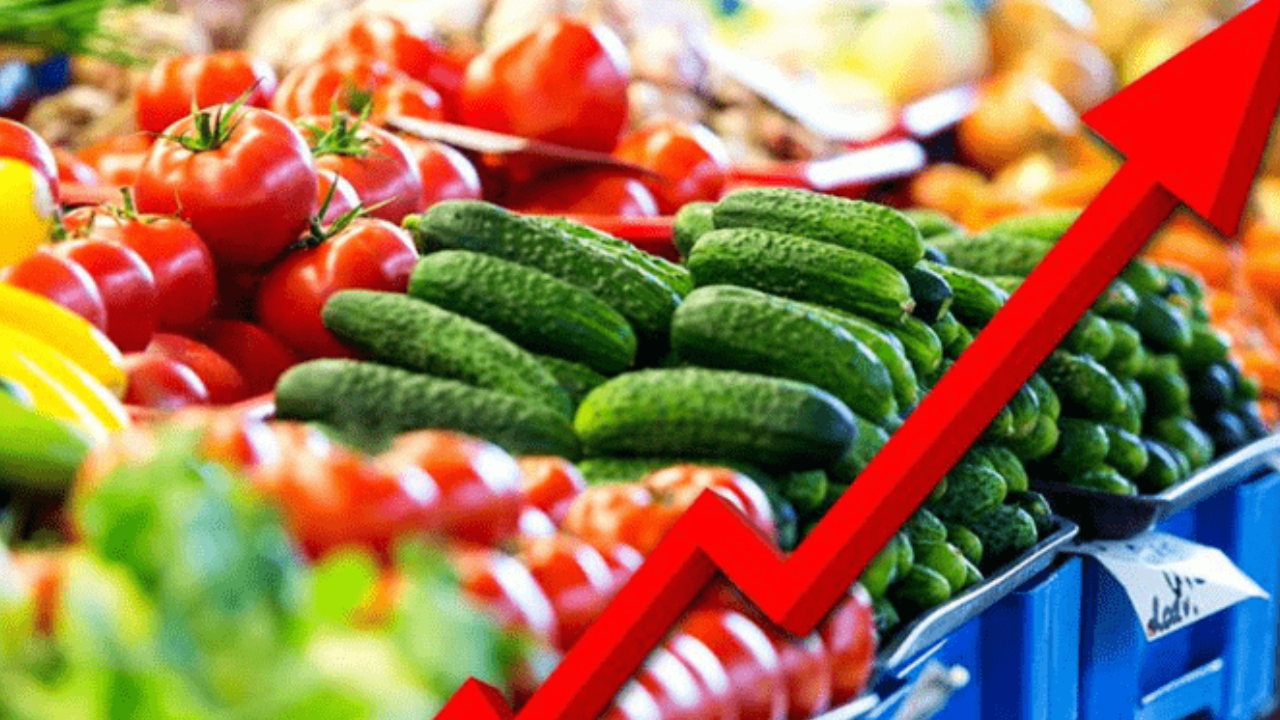Analysts have raised concerns over Nigeria’s September inflation, linking the continued surge in food and transportation costs to deep-rooted structural issues and the lingering effects of increased fuel prices.
Nigeria’s headline inflation rate climbed to 32.70 per cent in September 2024, a slight but significant rise from 32.15 per cent recorded in August, marking a 0.55 per cent month-on-month increase.
According to the latest report from the National Bureau of Statistics (NBS), the surge in inflation was driven by rising transportation costs and soaring food prices, exacerbated by the increase in petrol prices initiated by the Nigerian National Petroleum Corporation Limited (NNPCL) in early September.
On a year-on-year basis, inflation rose by 5.98 percentage points from 26.72 per cent in September 2023, highlighting the sustained upward pressure on prices over the past year.
Month-on-month, the inflation rate grew faster in September, recording 2.52 per cent, compared to the 2.22 per cent observed in August.
The food inflation rate also continued to accelerate, reaching 37.77 per cent year-on-year in September, a notable increase from the 30.64 per cent recorded in the same period last year.
According to economic analyst Dr. Adaobi Eze, “The removal of fuel subsidies continues to create ripple effects across key sectors of the economy, particularly in food distribution and transportation. While the government may be focusing on fiscal reforms, inflationary pressures could persist unless broader supply chain issues are addressed.”
Food prices surged significantly on a month-to-month basis, with a 2.64 per cent rise in September 2024, compared to 2.37 per cent in August.
The report highlighted price hikes in commonly consumed items such as local and foreign beer, various types of oil (vegetable, groundnut, and palm oil), as well as beef, gizzard, and instant beverages like Lipton, Milo, and Bournvita. The annual average food inflation rate for the twelve months ending in September 2024 was 37.53 per cent, up by 11.88 percentage points from 25.65 per cent in September 2023.
READ ALSO: Nigeria ranks fifth globally in food inflation as insecurity, climate change exacerbate crisis
Core inflation, which excludes volatile agricultural and energy prices, also increased, standing at 27.43 per cent year-on-year in September, a jump from 21.84 per cent a year ago. Items contributing the most to this rise include rental costs, intercity transport fares, and restaurant meals.
On a month-to-month basis, core inflation slightly decelerated, reaching 2.10 per cent in September compared to 2.27 per cent in August.
Economic experts warn that inflation could remain elevated through the rest of 2024 unless there are targeted interventions to stabilize food and fuel prices.
Financial analyst Bola Ojo added, “With global oil prices fluctuating and domestic fuel supply costs rising, we may see more upward pressure on inflation. Without significant government measures to mitigate these effects, household purchasing power will continue to erode.”
As Nigeria grapples with these challenges, the inflationary trend underscores the need for comprehensive policies that address both the immediate and structural causes of rising costs across the economy.

 Latest4 days ago
Latest4 days ago
 Trends5 days ago
Trends5 days ago
 Business7 days ago
Business7 days ago
 Health6 days ago
Health6 days ago
 Football7 days ago
Football7 days ago
 Featured7 days ago
Featured7 days ago
 Football6 days ago
Football6 days ago
 Business7 days ago
Business7 days ago

